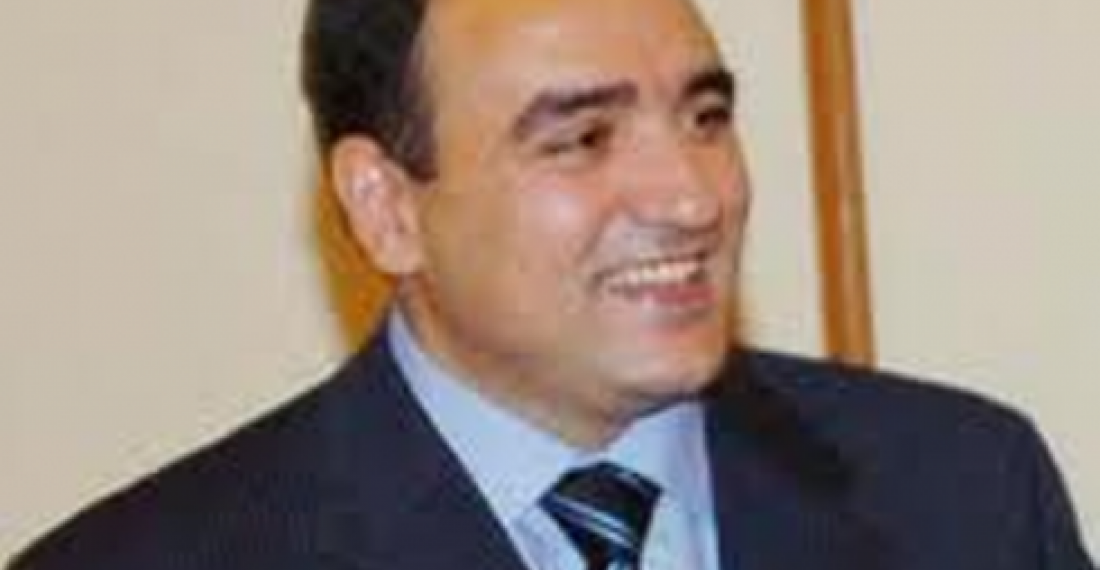The Secretary of Armenia's National Security Council Arthur Baghdasaryan said the meeting between the Presidents of Armenia and Azerbaijan will be held in the next few days. The meeting is planned for the period from March 23 to 29, he said on Thursday.
Baghdasaryan was speaking in Yerevan at the opening of "NATO Partnership in South Caucasus: Strategic Approach to Regional Security" conference.
"Armenia is committed not only to settle Nagorno-Karabakh conflict peacefully, but also through mutually acceptable compromise," he said.
The Armenian news portal news.am said that "Baghdasaryan noted that the ball is in Azerbaijan's court, as numerously reached arrangements unfortunately are not developing because of constantly changing approaches."
Commonspace.eu political editor said in a comment that the reference to "mutually acceptable compromise" is significant as the sides in the Karabakh conflict have not often referred to compromise in their public statements in the past, even if everybody understands that no solution to the conflict is possible without compromise
Baghdasarian's statement confirms that President Serzh Sargsian of Armenia and President Ilham Aliev of Azerbaijan are planning to meet in the Hague next week on the margins of the Nuclear safety summit. The two Presidents last met in Vienna in November. The meetings are held under the auspices of the co-Chair countries of the OSCE Minsk Process - France, the United States and Russia.
source: commonspace.eu with news.am
photo: The Secretary of the National Security Council of Armenia, Artur Baghdasarian.







